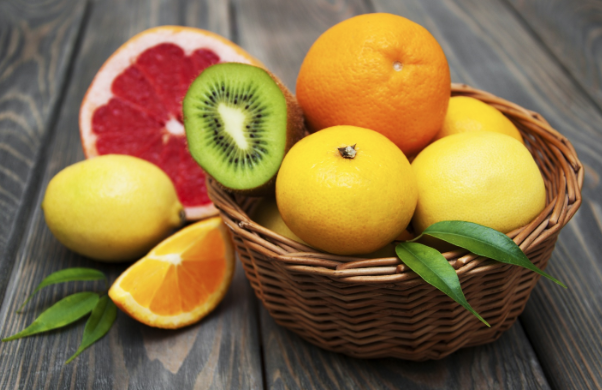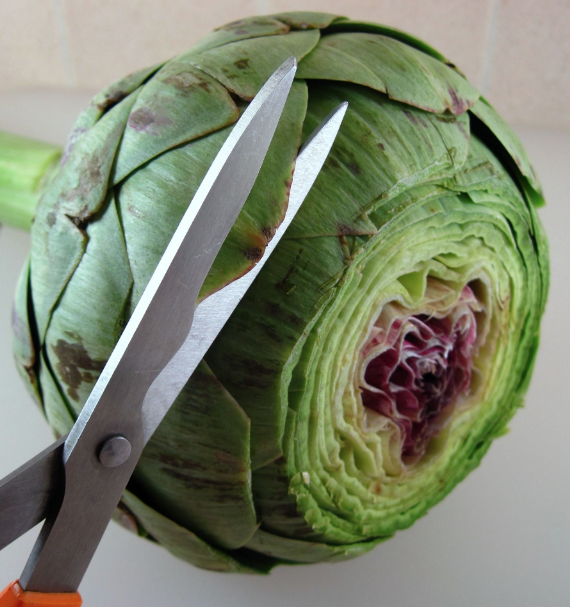Among the most uncomfortable sensations and conditions in your existence is constipation. That experience of going to the washroom and struggling for long periods due to poor bowel movements is an experience you want to avoid, and when it happens you want it to end as soon as possible.
Everyone experiences constipation at some point in their lives, and statistics show that about 14% of people experience it occasionally. However, if the problem persists for more than a short time (usually one to two days), then it is more serious than you think and you need some medical help when dealing with it. It can even point to bigger problems with your gut, which require medical attention.
The usual factor that makes constipation so common is the lack of fiber in the diet. That makes it easy to deal with – you need to modify and change your diet to include more fiber sources in order to stem the problem. Other causes can include dehydration, illnesses, certain medication, drug use effects like cocaine withdrawal, mental disorders or diseases that affect the nervous system. However, diet is usually a main factor, so what are the foods we are talking about, and how can they contribute to your well-being?
You may know the saying, ‘an apple a day keeps the doctor away’, and it is very factual in this instance. In fact, a medium size apple that has its skin on contains 4.4 grams of fiber – this is actually 17% of the recommended intake on a daily basis.
Out of this, 2.8 grams is insoluble, and 1.2 grams is soluble through the form of pectin. This pectin is useful to your gut bacteria, as it helps them to form short-chain fatty acids that attract water to the colon, softens the stool and reduce the transit period of the gut.
Plumes
Also known as dry plums, these are a natural solution for constipation episodes. They come with high fiber amounts, with ranges of 2g of fiber for every three prunes (equivalent to 1oz. serving). In fact, this is a good choice for you as the American Heart’s Association sets it at 8% of the recommended daily fiber intake.
The fiber in the fruit, cellulose, enhances the volume of water in the stool, leading to decrease in constipation because of bulk. The fiber is also soluble and produces short-chain fatty acids when it goes through fermentation in the colon, and this increases the weight of the stool.
Prunes also have sorbitol in their list of components. This is a sugar alcohol that the body tends to absorb very poorly, resulting in more water being drawn towards the stool and having a laxative effect. In addition, prunes have phenolic compounds, which enhance the work of gut bacteria.
Pears
This wonder fruit is very essential if you want to keep the problem at bay. Rich in fiber, it actually contains 5.5 grams within a medium size fruit, one of the highest among all fruits. That amount is also 22% of the recommended daily intake.
In addition, the fruit contains a particularly high amount of sorbitol and fructose, even when compared to other fruits. These sugars both stimulate the attraction of water to the colon, therefore enhancing bowel movements.
Citrus fruit
These are of various kinds, and include grapefruits, oranges, as well as mandarins and lemons. If we put it into perspective, an orange gives you about 3.1g of fiber, 13% of the daily intake. A grapefruit gives 2.6g, which is 10% of the daily intake.
All citrus fruits have high amounts of pectin, particularly in their peelings. They also have a flavanol, naringenin, which increases the retention of fluids in the colon, leading to laxative effects. However, the research on this is not completely clear.
Green leafy veggies
Those leafy green vegetables you see – spinach, broccoli, and Brussels sprouts, to name a few – are not only rich in Vitamin C and K, but also in folate and fiber. They help the body to add some bulk to the stool and weight, which enhances the movement within the gut.
Cooked spinach (one cup) for instance, has 4.3g of fiber, which is about 17% of the daily intake. Five Brussels sprouts will provide 10% of the daily intake, so even if you may not like them much, they are good for you. One stalk of broccoli gives 16% of the recommended intake, or 3.6g of fiber.
Artichokes
Artichokes prove to have prebiotic effects (similar to yogurt), according to scientific research – that means they enhance the health of your gut as well as the regularity of bowel movements.
Prebiotics are carbohydrates that happen to be indigestible, though they have the important role of feeding the gut bacteria. This helps them increase their numbers and guard against the spread of harmful bacteria.
Artichokes provide some of the biggest sources. In fact, prebiotics increase the frequency of stool movement, with the additional benefit of assisting people suffering from constipation.
Sweet potatoes
These mainly contain pectin, lignin and cellulose, both helping in absorbing water into the colon. One sweet potato that is medium size has 15%, or 3.8g of the recommended daily consumption of fiber.
Scientific research proves that it also assists patients who are undergoing intensive treatment. One study showed that patients who were going through chemotherapy ate 200g of the potato every day had less signs of constipation, and also had less discomfort and straining from the treatment itself.
Legumes
Legumes that include lentils, peas and beans, have a valuable use in the body other than giving it energy – they are some of the cheapest sources of fiber you can get.
They also contain very high amounts of fiber, even more than most fruits and vegetables. In fact, a cup of navy beans (cooked) has 19g of fiber, or about 80% of the daily intake alone. A cup of cooked lentils gives you 31% of the intake, or 7.8 g.
Final thoughts
Constipation is unfortunately a common problem, but you can prevent it easily by sticking to a diet that incorporates a heavy dose of fiber. After all, these foods mentioned above are not very hard to access, and you can easily get the recommended amounts, helping you stay healthy.







Speak Your Mind